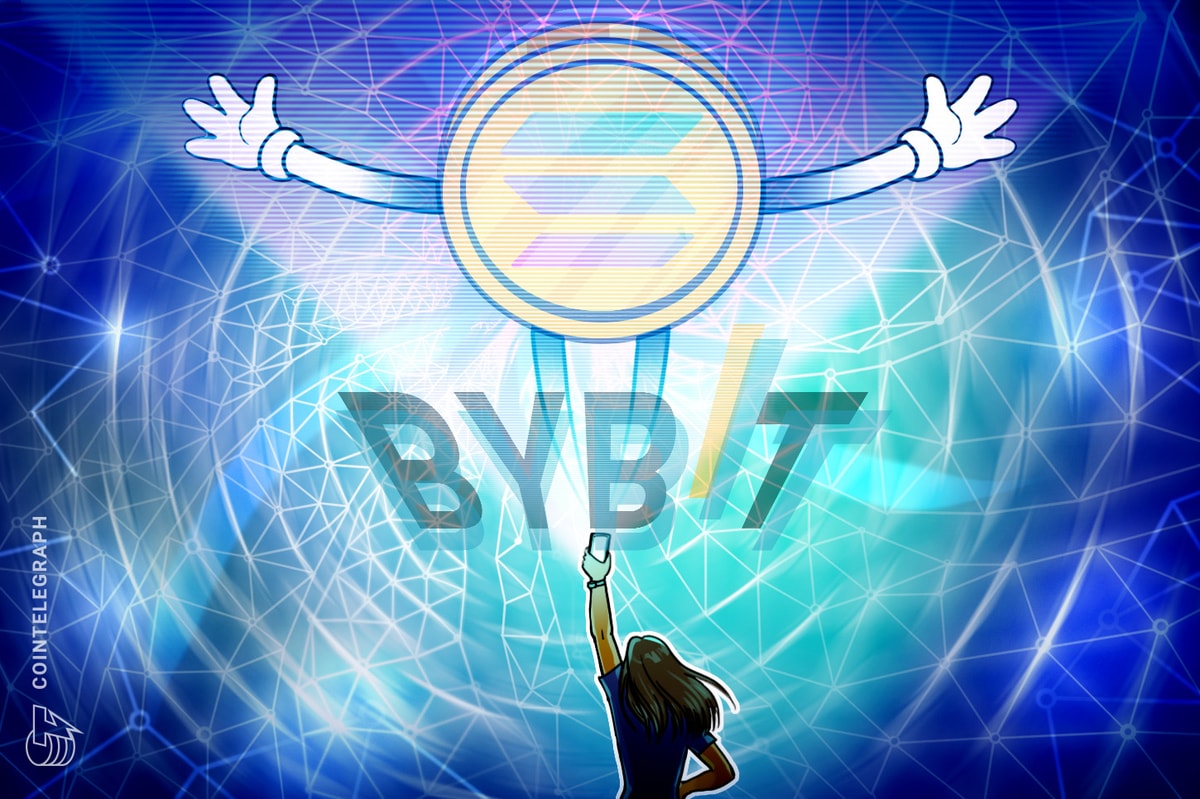Bybit launches bbSOL, a liquid staking token on Solana, enabling users to earn staking rewards while maintaining liquidity and maximizing returns.
News
Own this piece of crypto history
Bybit, the cryptocurrency exchange, has announced the launch of its exchange-backed liquid staking token, bbSOL, on the Solana blockchain. This initiative aims to provide tokenholders with broader financial opportunities.
To facilitate this, Bybit has partnered with four key collaborators: Sanctum, Kamino Finance, Orca, and Solayer.
According to Bybit, bbSOL allows users to earn staking rewards on Solana while retaining liquidity. Staking involves locking up cryptocurrency for a specified period to help maintain a blockchain’s operations. This process allows long-term crypto investors to earn passive income by supporting the network.
Ben Zhou, co-founder and CEO of Bybit, said: “By facilitating seamless asset management and unlocking new earning potential, bbSOL empowers tokenholders, project developers, decentralized exchange operators, and liquidity providers to contribute to the growth of the Solana network while maximizing their returns.”
Liquid staking is already largest protocol category on Ethereum
Liquid staking could become a significant portion of the Solana ecosystem if it follows the growth trajectory of Ethereum.
According to DefiLlama, liquid staking is the largest protocol category on Ethereum, with a total value locked (TVL) exceeding $39 billion. In comparison, lending ranks second with a TVL of $30 billion.
Liquid staking on Solana has the potential for similar growth, as it offers greater capital efficiency for SOL (SOL) holders.
Related: Aave, Sky float partnership to bridge DeFi, TradFi
DefiLlama figures show the total value locked (TVL) in Solana’s liquid staking has reached $3.794 billion.
Solana total value locked. Source: DefiLlama
Liquid staking rises in popularity
While stakers earn rewards, the introduction of liquid staking tokens provides cryptocurrency exchanges with a new revenue stream.
Liquid staking is gaining popularity because it enables users to trade tokens even when their original assets are locked. This flexibility can help mitigate the effects of market downturns.
According to Bybit, the process involves depositing SOL into Bybit’s liquid staking protocol, which handles staking on behalf of users. As rewards accrue, the value of bbSOL increases relative to SOL, reflecting the rewards earned.
Magazine: Are there ‘too many’ blockchains for gaming? Sui’s randomness feature: Web3 Gamer
This article first appeared at Cointelegraph.com News

